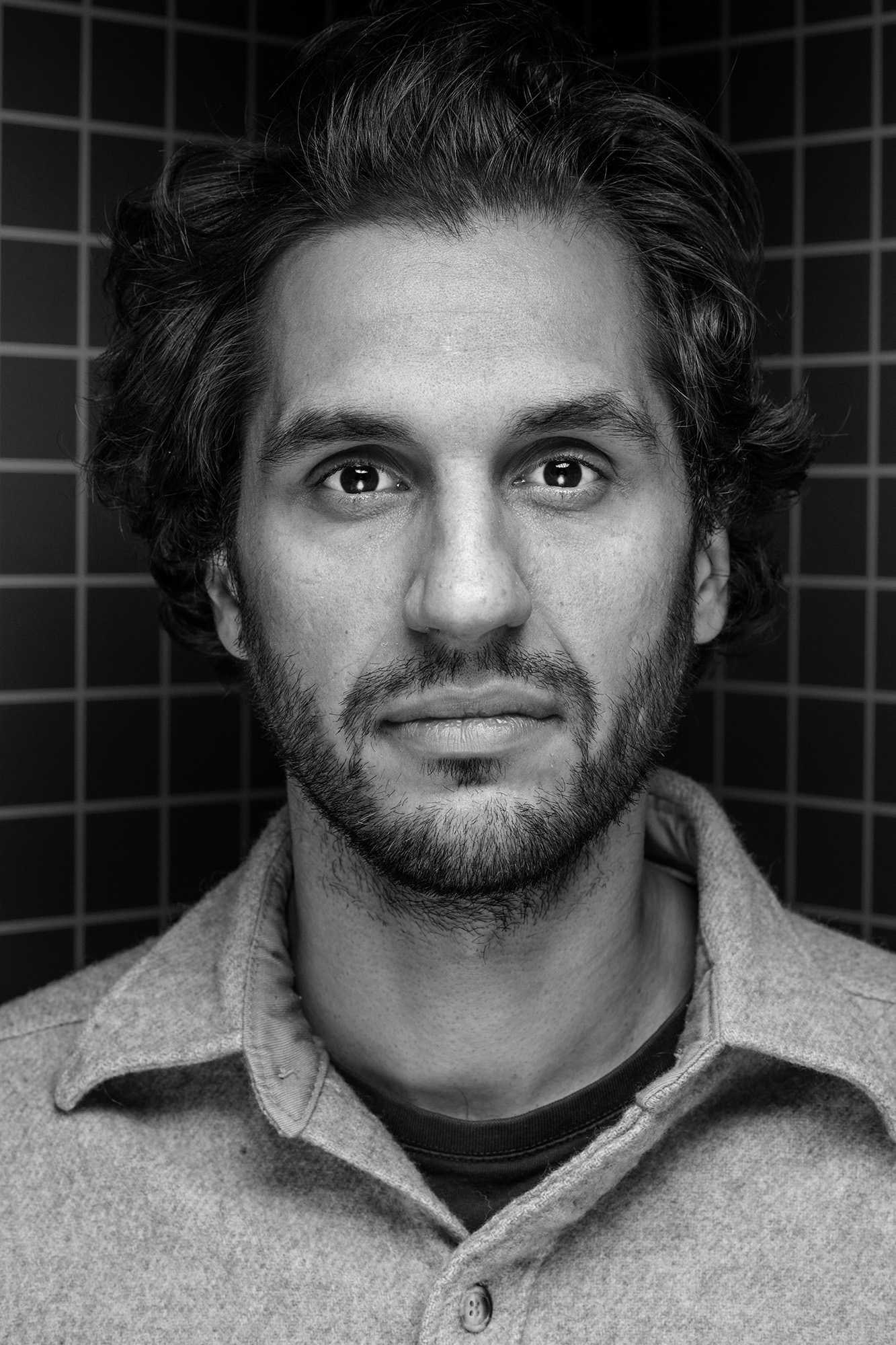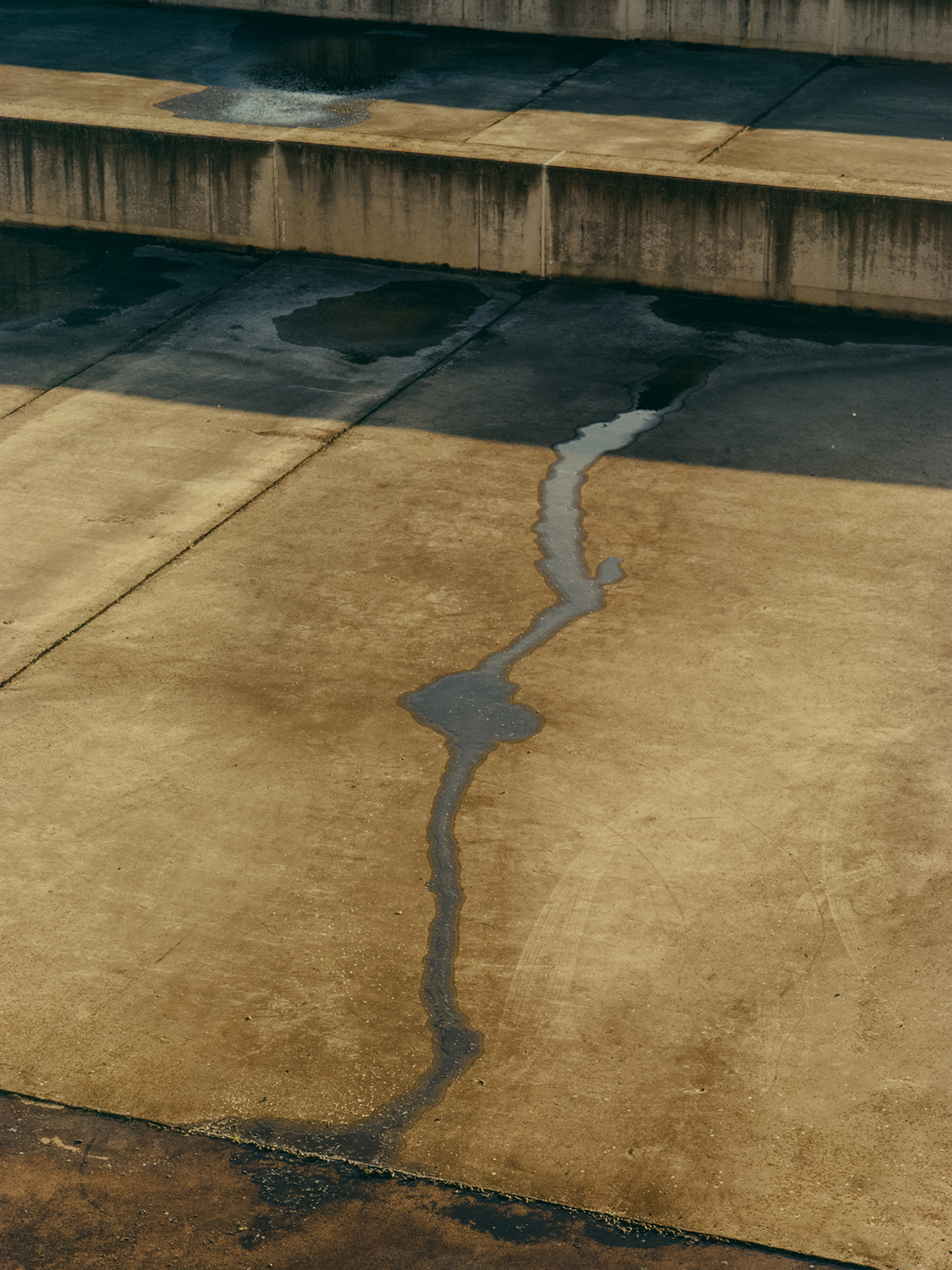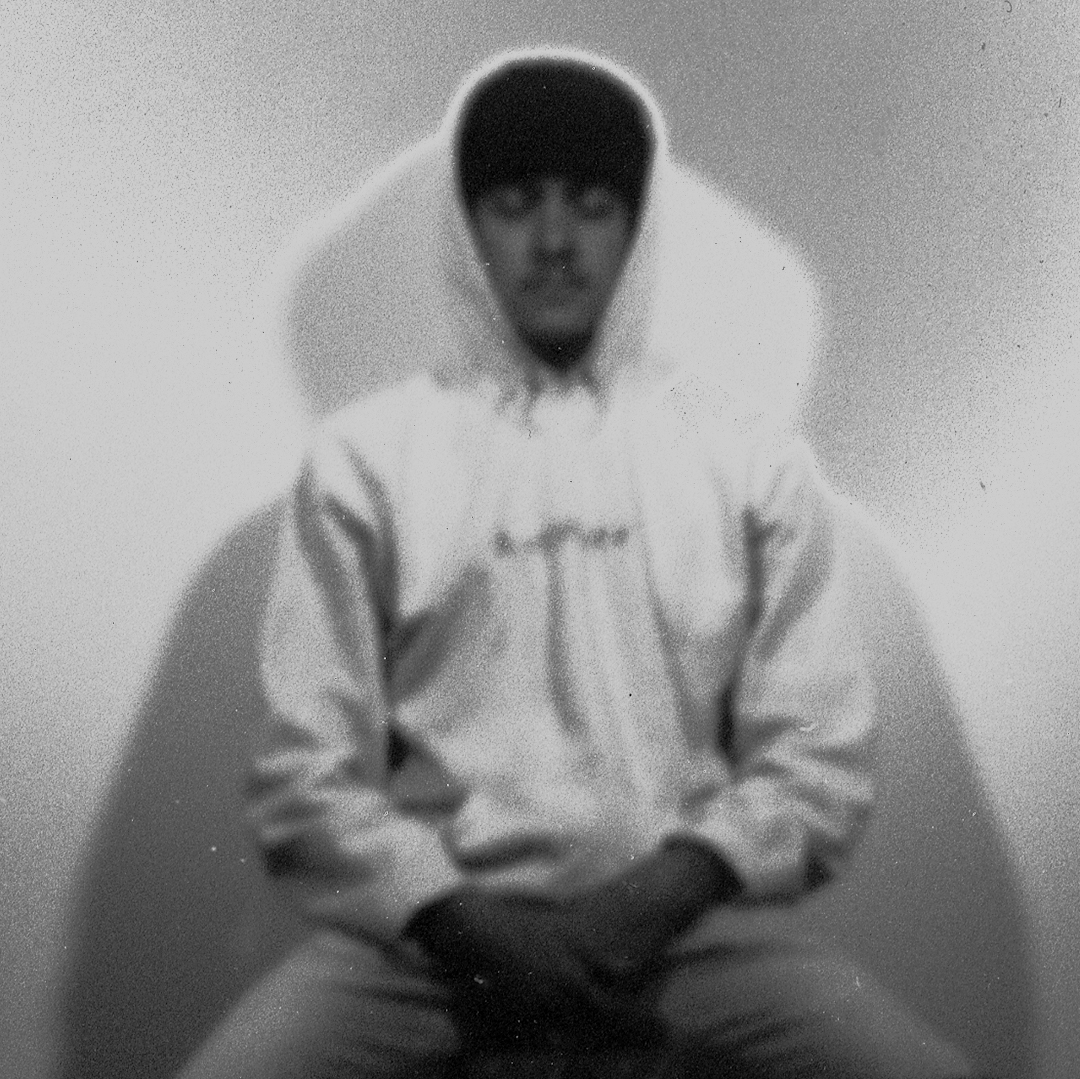
Artist

Clare
Every Saturday
every saturday the child must go, removed from one life and placed into another.
a forced relationship and a feigned connection.
there are only trees here: the bleak forested landscapes of the housing estates they walked, the only witnesses to this time.
no recreation and minimal effort.
the rest of the week, living as someone else. someone longing for another’s name.
a welcome relationship and true connection. the one eventually chosen.
for years, using hands to make sense of what happened. talking and making, attempting to heal, attempting to understand. the link between craft and catharsis grew deeply ingrained and entangled roots.
and then one day, a conversation. the abscission, the severance.
just like that, leaving one life behind, but forever haunted.
The work to date looks at the relationship I had with my biological father, in light of the discovery that I have two Birth Certificates on file in the Irish Civil Registry System.
Using ephemera from the landscapes where we spent time together, on court ordered Saturdays for the first ten years of my life, I create new documents and assemblages which demonstrate the desire to regain control; over my own sense of self, and over a time when I felt I had none. This childlike crafting reflects cathartic processes introduced to me from an early age through therapy and counselling, processes of working through trauma by creating and making.
Along with this, I have revisited my family archive. In these documents, the other half of my life is recorded. My family and I. My mother and I. My Dad and I. While this archive is completely devoid of any trace of my biological father’s physical presence, and my own memory incapable of recalling his form, I have unearthed visual clues and triggers in the photographs which allude to his haunting presence in my life. Through this reflective process of revisiting and re-appropriating both photographs and documents, I weave a narrative that finally speaks for this little girl, my younger self, who was desperate to align herself with one identity, one family, and one Dad.
Despite being born out of what has felt like unresolved trauma and a sense of conflicting identities, the project has in many ways become a celebration. Not only of my own personal resilience in the face of my experiences but also of the Dad I chose and the love he had for me which has never faltered.
Looking at the universal through the personal are Clare Lyons and Aoife Herrity. Aoife’s practice is well grounded in her academic research, producing work that is calm and reflexive, and oftentimes understated. Rather than illustrating the complexities that memory and its failings conjure in the personal and the familial, with its altered or suppressed narratives, her work provides us with a series of unsettling scenes. Expertly produced, purposely hypersharp, and exuding a tedious grey, the images present a collection of tableaux without characters, depicting a troubling reality somewhere between nostalgia and memory.
Similar in topic, but with a very different visual language, Clare Lyons speaks of personal experience and trauma, and there is a sense of experimentation where the photographic fails to deliver. It is in this experimentation where she succeeds in her explorations, playing with low-fi printing and against the grain of the sharp and accurate, as much as with folding the resulting images to provide objects with obscure narratives. Such devices contribute to her conversation on such difficult topics, ambiguous and hard to unfold.
Audrey Gillespie’s practice brings together a diversity of media such as analogue photography, painting and printmaking, conversing around universal themes. Drawn from personal experience or direct account, they reflect the concerns of young minds around personal identity, sexuality, and the anxiety of contemporary generations. Her work is set in the context of Northern Ireland — seeped in a heavy and traumatic political history with ongoing conflicts of belonging amongst the youth.
These three artists manage to preserve the tension of such circumstances, but in doing so the viewer discovers sublime notes of everyday life, hidden between these persistent concerns. Meanwhile, Jialin Long and Mark Duffy look at the relationship between individuals and the state.
Jialin Long, though only a recent graduate, has already established a name for herself in Ireland, notably through her graduate project Red Illuminates, exploring the concept of culture in socialist countries and how state loyalty is cultivated. Using multimedia approaches and strategies, she explores social and political issues, but also personal issues such as belonging and cultural traditions, in order to propose alternative positions.
Mark Duffy has distilled over his last projects a distinct style, somewhere between satire and documentary, where humour serves as a catalyst for a poignant conversation around key political issues. Having moved to London and while working at the House of Commons as a photographer, his life and practice suffered a dramatic turn when his unflattering images of politicians became the focus of attention of the Parliament media team, followed by a random house raid and other pressure strategies from the UK government. Leaving the position and continuing with his practice beyond this incident, Duffy engages with current affairs, such as Brexit, with his characteristic approach.


































